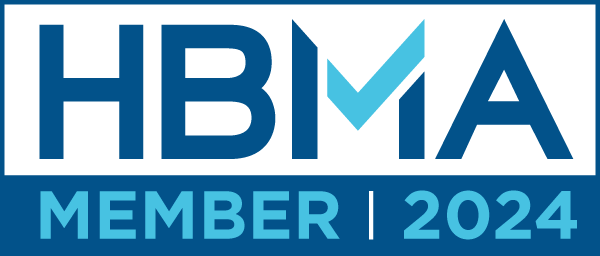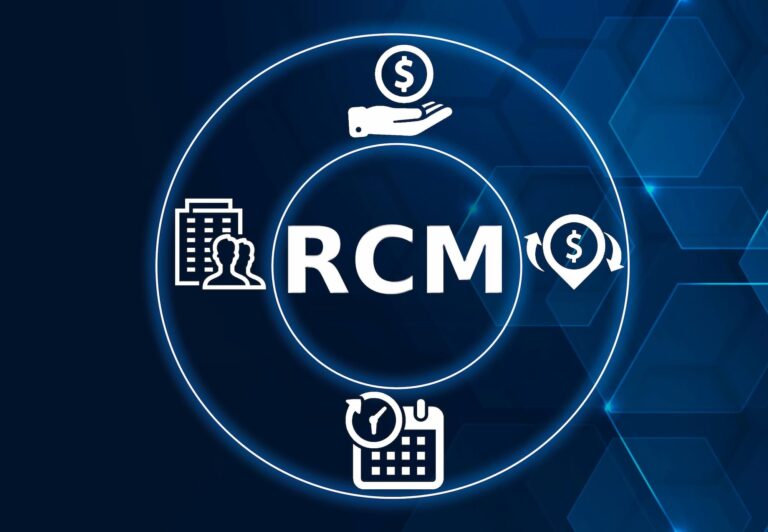Securing Healthcare Data in 2024: The Critical Role of Zero Trust Security Models
In 2024, the healthcare industry has faced an unprecedented wave of cybersecurity challenges, highlighted by significant breaches at major organizations such as Change Healthcare, Kaiser Permanente, and Ascension. These incidents underscore the vital need for robust cybersecurity frameworks capable of protecting sensitive patient data and maintaining the continuity of healthcare services. Zero Trust security models, advocating a ‘never trust, always verify’ approach, have become increasingly crucial in safeguarding healthcare systems against these emerging threats.
Recent Cybersecurity Breaches in Healthcare: A Call to Action
- Change Healthcare experienced a disruptive ransomware attack on February 21, 2024, leading to a complete shutdown of its operations. This incident affected essential services across the US, including e-prescribing and claims processing, underscoring the dependency on secure and resilient digital systems.
- Kaiser Permanente reported a significant breach in April 2024, affecting 13.4 million individuals. This breach, stemming from PHI inadvertently shared through tracking codes on digital platforms, highlights the complexities of data security in an interconnected environment.
- Ascension faced a cyberattack on May 8, 2024, that caused extensive system outages, disrupting critical hospital operations like EHR access and pharmacy processing. The incident necessitated a major collaborative effort with cybersecurity experts to restore and secure operations.
These breaches not only demonstrate the vulnerabilities within healthcare cybersecurity but also the potential impacts on patient care and trust.
Implementing Zero Trust in Healthcare Settings
The principle of Zero Trust is pivotal in addressing these vulnerabilities. It is based on the assumption that threats can arise from anywhere, and therefore, mandates continuous verification and stringent access controls:
- Continuous Verification: Zero Trust’s rigorous authentication and authorization protocols are designed to enhance the security of systems and data, aiming to strengthen defenses against unauthorized access.
- Least Privilege Access: Implementing the principle of least privilege access can significantly reduce the scope and impact of potential breaches by limiting users’ access to only what is necessary for their job functions.
- Microsegmentation: helps to contain and isolate breaches within small network segments, which is crucial for managing and mitigating the impact of cyberattacks.
- Multi-Factor Authentication (MFA): MFA enhances security by requiring multiple forms of verification, thereby bolstering the defenses against unauthorized access attempts.
PhyGeneSys: Integrating Zero Trust in Medical Revenue Cycle Management
PhyGeneSys exemplifies how Zero Trust can be integrated within healthcare technologies to enhance security. It incorporates PCI Level 1 standards, ensuring robust access controls, audit trails, and data encryption are in place:
- Access Controls: PhyGeneSys controls access to patient data on a need-to-know basis, minimizing exposure to sensitive information.
- Audit Trails and Data Encryption: The system provides comprehensive logging of all data interactions, coupled with strong encryption to secure data at rest and in transit.
- Network Segmentation and MFA: These features further secure access and enhance the ability to contain and manage potential breaches effectively.
Zero Trust as a Foundational Element for Healthcare Cybersecurity
Adopting Zero Trust not only helps in fortifying defenses against cyberattacks but also aligns with regulatory compliance, such as HIPAA, enhancing the overall security posture of healthcare providers. As cyber threats evolve, implementing comprehensive, integrated security solutions like Zero Trust is indispensable for protecting patient data and ensuring the resilience of healthcare operations.









